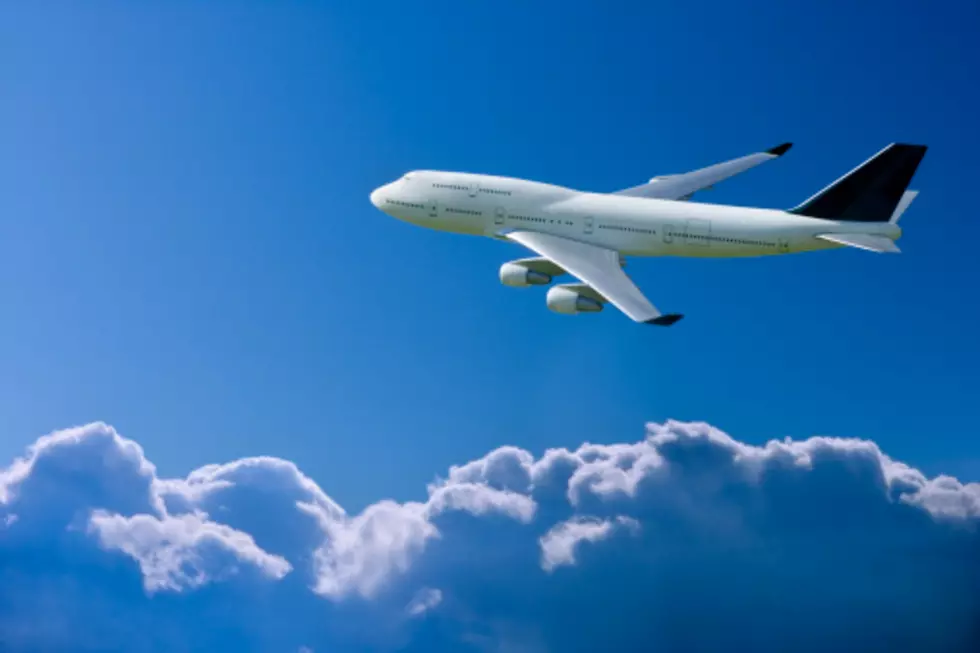
Airlines Dig Out of Freeze, Fewer Flights Scrubbed
Airport terminals took on a more normal look Wednesday as U.S. airlines canceled far fewer flights and began the job of digging out from a blast of polar air.
By midafternoon, about 770 flights within the U.S. had been canceled, according to tracking service FlightAware.com. That's down from nearly 2,700 cancelations on Tuesday and 4,100 on Monday.
The largest numbers of U.S. cancelations on Wednesday -- more than 100 each -- were on ExpressJet and Chautauqua, according to FlightAware. Those carriers operate smaller regional flights for the big airlines and usually are the first to have flights scrubbed when there's bad weather. Delta, United, American and Southwest had canceled 1 percent or fewer of their flights.
The more than 20,000 cancellations since last Thursday have cost the airlines between $50 million and $100 million, estimated Cowen and Co. analyst Helane Becker. Among the hardest hit was JetBlue Airways Corp., she said in note to clients Wednesday.
JetBlue operated barely more than half its scheduled flights on Monday, when it shut down in New York and Boston to rest crews and reposition planes. Chief operating officer Rob Maruster said 150,000 passengers had been affected by 1,800 canceled flights over a 6-day period.
By Wednesday, JetBlue was running 99 percent of its flights, but stranded passengers were still posting blistering comments on Twitter.
Ashley McCown, president of a New York public relations firm specializing in crisis communications, questioned why JetBlue shut down at four airports, which made the airline the focus of stranded-traveler news stories. Still, she said, if JetBlue restored full service quickly, any damage to its reputation would be short-lived.
(Copyright 2014 by The Associated Press. All Rights Reserved.)
More From New Jersey 101.5 FM
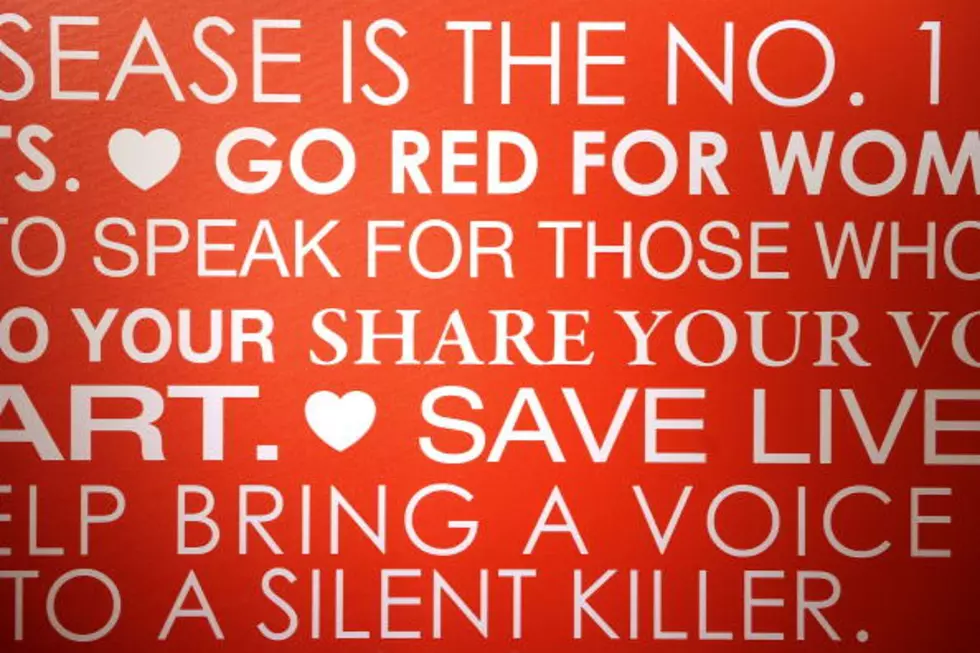


![U.S. Headed for Domestic Oil Only? [AUDIO]](http://townsquare.media/site/385/files/2014/02/143637418-300x200.jpg?w=980&q=75)
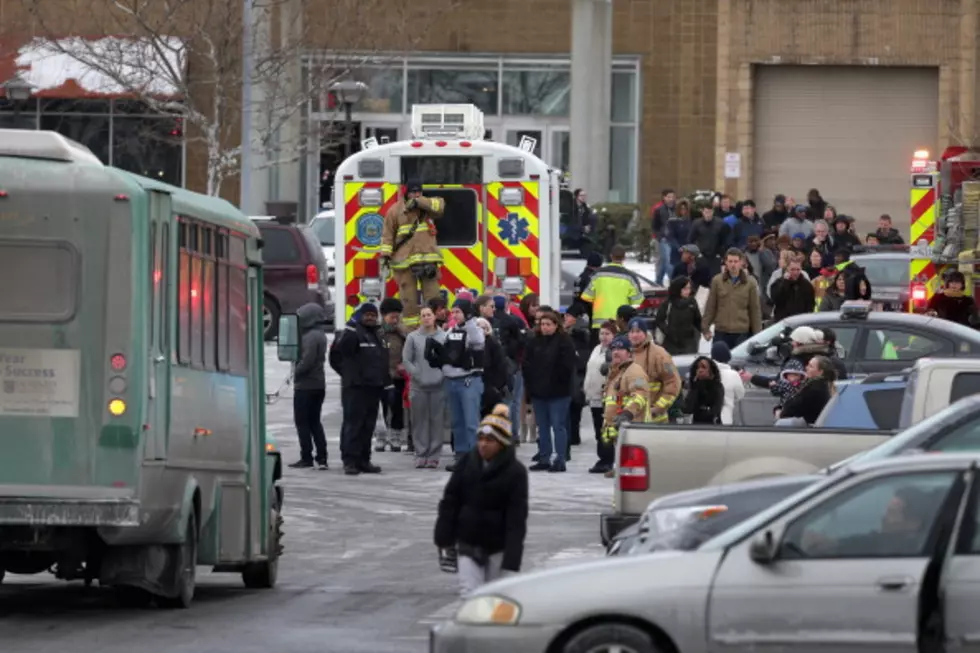
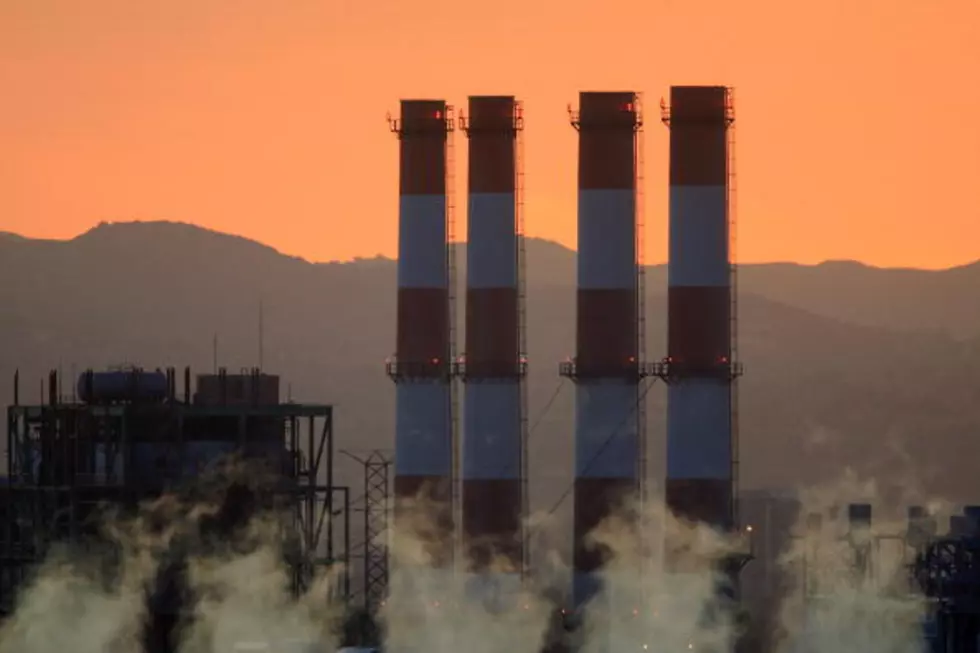
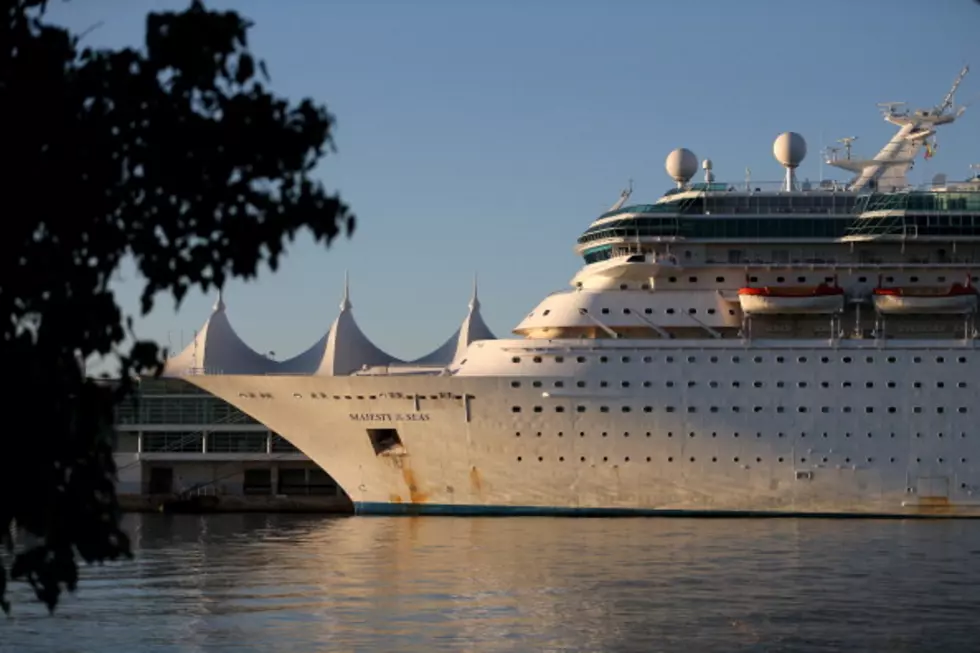
![Debt and No Degree: A New Trend? [AUDIO]](http://townsquare.media/site/385/files/2014/01/10462763565_f7754242d6_b.jpg?w=980&q=75)

